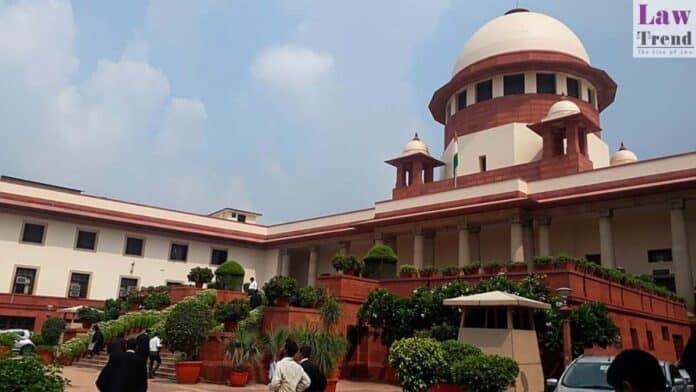The Supreme Court of India has affirmed that while amendments to pleadings can be allowed at any stage of legal proceedings, such changes must not cause prejudice to the other party. The judgment, delivered by a bench comprising Justice Sanjay Karol and Justice C.T. Ravikumar, came in the case of Dinesh Goyal @ Pappu vs.
To Read More Please Subscribe to VIP Membership for Unlimited Access to All the Articles, Download Available Copies of Judgments/Order, Acess to Central/State Bare Acts, Advertisement Free Content, Access to More than 4000 Legal Drafts( Readymade Editable Formats of Suits, Petitions, Writs, Legal Notices, Divorce Petitions, 138 Notices, Bail Applications etc.) in Hindi and English.




